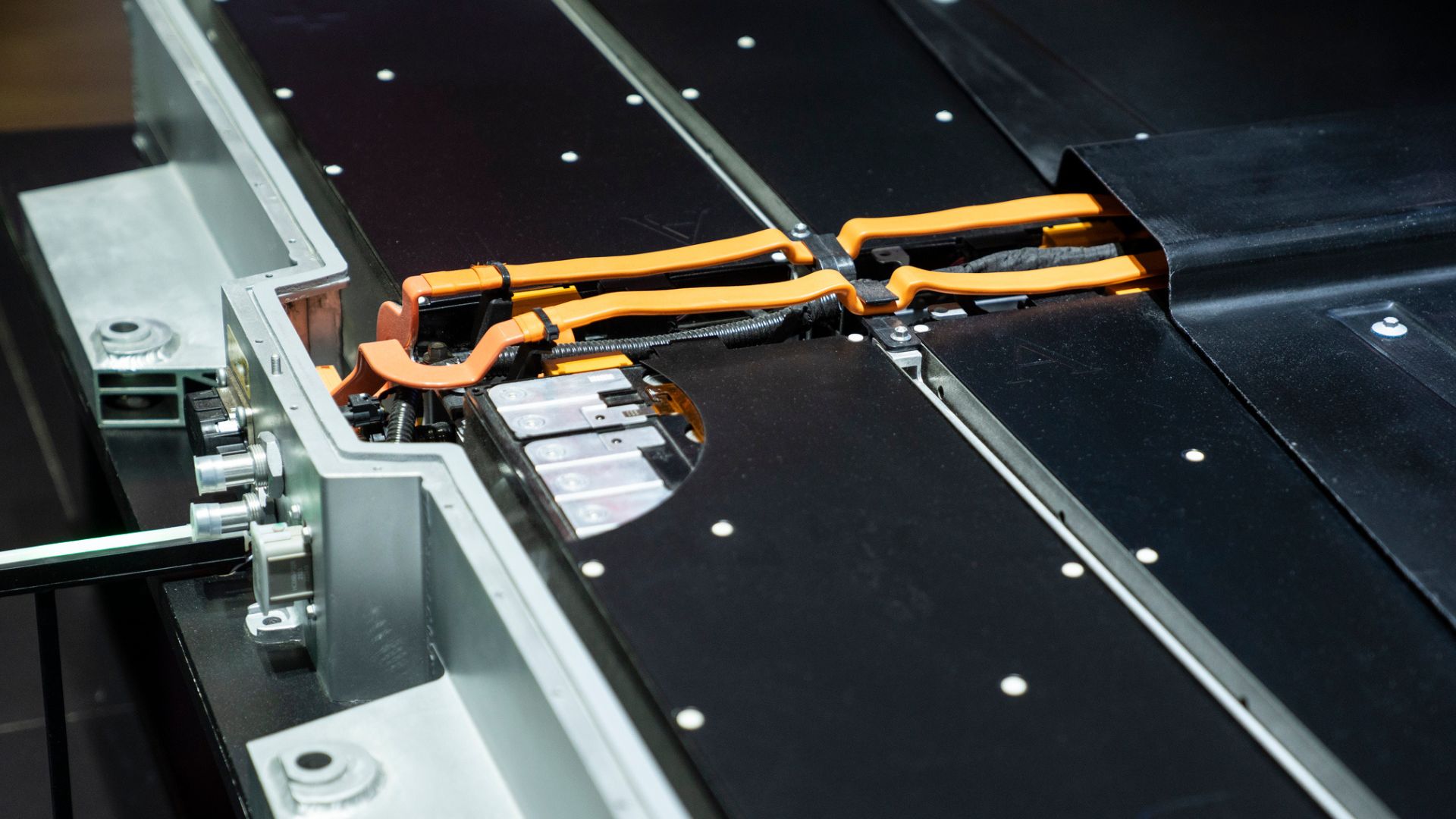Breakthrough in Sodium Metal Batteries: New Solid Electrolyte Shows Promising Performance
Sodium metal batteries retain 91% capacity after 1,000 cycles 🔗

Researchers at the University of Queensland have developed a new solid electrolyte for sodium metal batteries (SMBs) that shows promising performance, retaining 91% capacity after 1,000 charge cycles. This solid, non-flammable material helps prevent dendrite formation, a common safety issue in batteries. The new electrolyte enables efficient ion movement, potentially making SMBs a safer and more cost-effective alternative to lithium-ion batteries for renewable energy storage.
- The new solid electrolyte retains over 91% capacity after 1,000 cycles.
- It prevents dendrite growth, addressing safety concerns associated with traditional liquid electrolytes.
- Researchers aim to achieve similar performance at room temperature for broader application.
What is the main advantage of the new solid electrolyte developed for sodium metal batteries?
The new solid electrolyte retains 91% of its capacity after 1,000 charge cycles and prevents dendrite formation, which enhances safety and reliability.
Why are sodium metal batteries considered an alternative to lithium-ion batteries?
Sodium metal batteries are cheaper and sodium is more abundant than lithium, making them a potentially more sustainable energy storage solution.
What are the researchers' future goals regarding this new material?
The immediate goal is to achieve similar performance of the solid electrolyte at room temperature to expand the usability of sodium metal batteries.